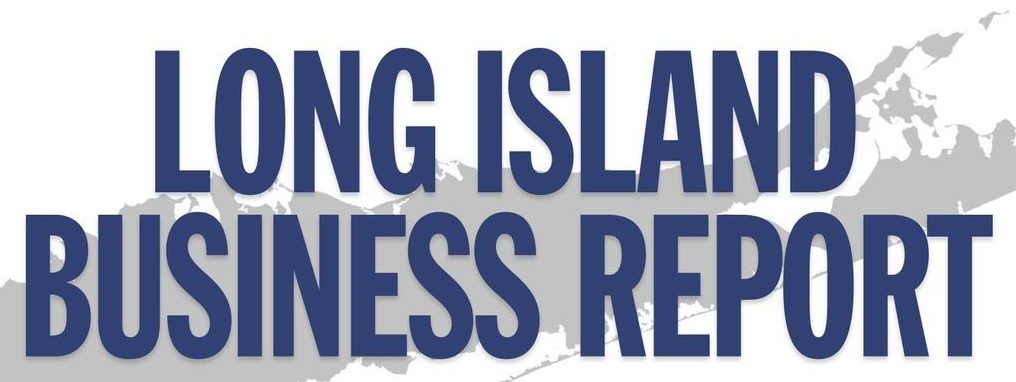Roger Scott (Head Trader, WealthPress) Shares How To Grow A Career In Finance In 2023
Choosing a finance career is one of the most viable career paths today. However, while the attractive salary and prestige that come with it are alluring, it takes effective career planning, relevant certificates, and much more to get you to the top.
In this interview, the head trader at Wealth Press, Roger Scott, has some relevant information to help you grow a career in finance.
Can you start a finance career without a degree?
Roger Scott: Without the requisite degree, working in the financial sector as a bank teller, receptionist, assistant, or in another entry-level position that does not demand too many technical skills is feasible. This is even easier if you have interned at length with an experienced professional just after you graduated from college.
Beyond this, most roles demand at least an undergraduate or associate’s degree, while the higher-level positions might need finance certificates alongside a master’s degree.
What certificates will let you scale up fast if you choose a career in finance?
Roger Scott: Certified Financial Planner (CFP), Certified Fund Specialist (CFS), Certified Government Financial Manager (CGFM), Certified International Investment Analyst (CIIA), Certified Management Accountant (CMA), Certified Private Wealth Advisor (CPWA), and Certified Public Accountant(CPA) are a few examples you can consider.
These qualifications are essential if you want to concentrate on a particular area of finance, in addition to helping you advance your profession. They all have specific standards you must meet and varied time requirements for completing the requisite courses.
What should be a newbie’s first step to starting a career in finance?
Roger Scott: After landing your undergraduate degree, there are two things you can do to start a career in finance. The first one is to seek internship opportunities where you would get some practical experience and familiarize yourself with the different software used in the finance world.
You could also pursue entry-level positions immediately rather than apply for internship positions. This way, you start earning immediately, as some internship positions only offer stipends and not salaries.
How much do referrals help boost career growth in finance?
Roger Scott: Referrals are very crucial to help you rise through the ranks. More employers will be willing to look at your resume and consider you for a role if someone they rate highly gives you a recommendation letter.
Even if you worked in other industries before moving to finance, your past colleagues might know people who can help you secure a position. If you’re a recent graduate, it may be worth asking your professors if they have any connections to a job in the field.
What’s the most challenging part of growing a career in finance?
Roger Scott: It’s hard to choose just one. Finance is a demanding career, and it’s best to only venture into it if you are passionate about it.
The landscape is constantly changing, as new rules pop up regularly, and you have to keep abreast of it all. Finance professionals also never stop learning. There is always a new certificate to get, courses to read, and software to learn.
Additionally, you may find yourself only dealing with complex financial situations daily amid tight deadlines, which could be overwhelming in the long run.
Read next: How To Recover Financially After Losing A Stable Job Due To Injury



